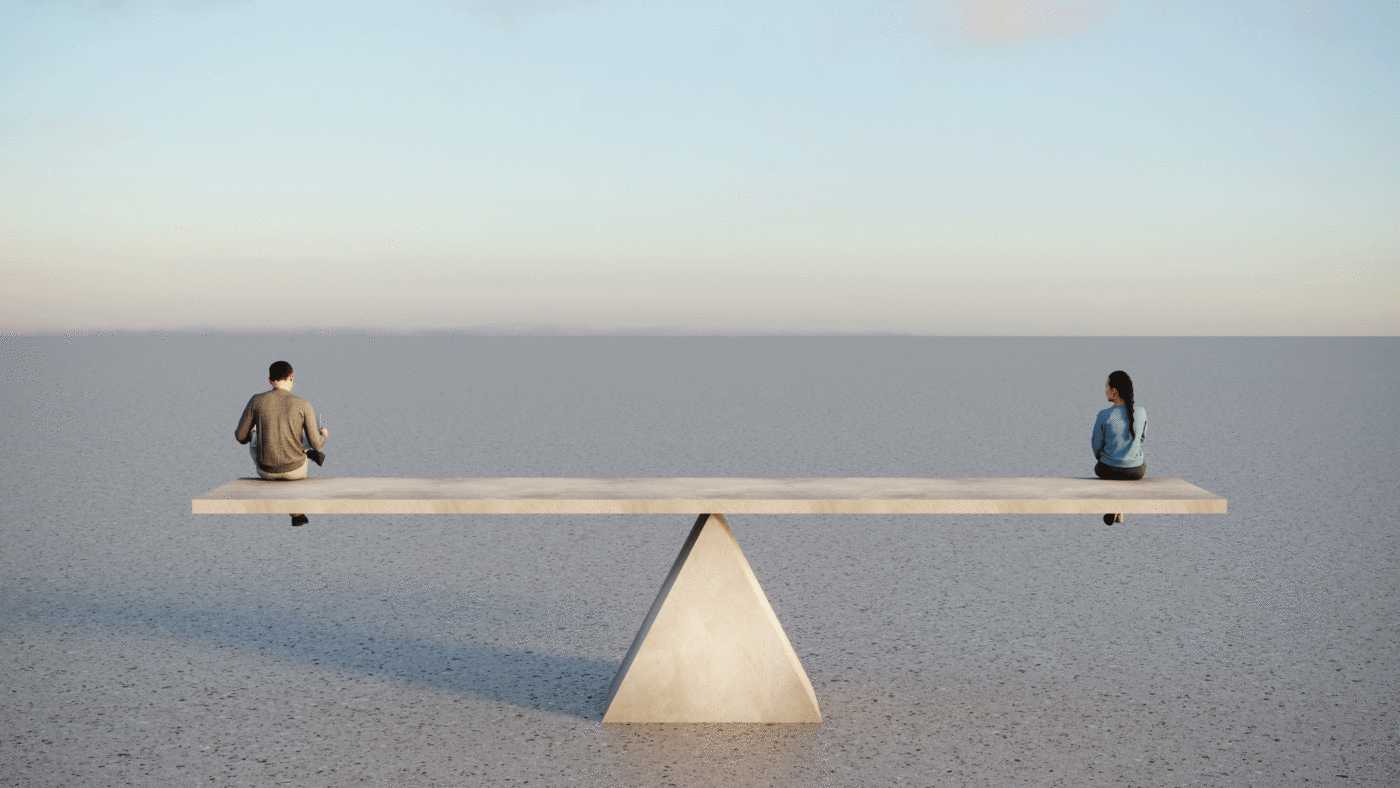The House of Lords starts each day with questions, generally discussed for 10-15 minutes each. Today’s order paper features two that that caught my eye.
First, Baroness Thornhill is asking about a recent Joseph Rowntree Foundation report on reforming Universal Credit to ensure recipients can afford their defined list of ‘essential items’ – an Essentials Guarantee.
This will be followed by Lord Strathcarron asking about support for young female racing drivers to ensure that they enjoy the same opportunities as their male counterparts.
One of these things is not like the other. These are both nice things the Government could focus on, but only one is essential – and it’s not the one about future Louisa Hamiltons.
To be clear, supporting people to achieve their dreams is a worthwhile endeavour. There are gender differences in accessibility to opportunities in sport, which in an ideal world wouldn’t exist. And the pragmatist in me would admit through gritted teeth that there are probably soft power benefits to whichever nation produces the first female F1 star. It’s a nice thing to care about.
But there’s something about seeing these two questions side by side that encapsulates everything that frustrates me about modern politics. Because you just know whichever lucky minister has to respond to the second question will feel compelled to treat it as a serious issue. We’re living in an era where we seem to expect to be able to have all the nice things we can think of. But the truth is we can’t. Sometimes, we have to pick.
Policy and politics are all about trade-offs and choices, but somewhere along the way we seem to have lost sight of this. How often does a politician acknowledge a choice or a trade-off? Political messaging always seems to focus on repeating the benefits of whatever nice thing is being advocated for. All this has done is shape a politics where people expect decisions to be taken on the basis that they are nice things.
Closely related to this is a reluctance to make difficult but necessary decisions, the kind of decisions that can only really be explained by appealing to the trade-offs. From housing to energy to trade deals, our country is held back by a politics incapable of making any decision that isn’t a straightforward ‘nice thing’ with no trade-off. This seems to be especially the case when we talk about short-term pain for long-term gain.
As Sam Dumitriu recently pointed out on CapX, building a nuclear power station requires a 10,000 plus page environmental impact assessment (among other things). Which politician will be brave enough to acknowledge that maybe power stations are important enough that we might be willing to risk some environmental degradation somewhere? Protecting the environment is a nice thing, but there are trade-offs.
Similarly, Mark Lehain was one of the few people brave enough to point out that spending £130m windfall on free school meals for middle class Londoners was not the best option. But why are so few people prepared to point this out? Obviously, because ‘free food for kids’ is the ultimate ‘nice thing’, and no one wants to come across as a Scrooge.
Just about the only case I can think of where a politician has tried to make a trade-off clear this year is Jeremy Hunt’s point that controlling inflation is more important than giving public sector workers real-terms pay increases. But even here, he falls short of acknowledging the key point: that we aren’t getting richer as a country right now, so we can’t have all the nice things.
So many of our most intractable problems ultimately depend on waking up to trade-offs and difficult decisions.
Housing is a case in point. People want homes to be affordable to the next generation and for people to have a choice of decent housing near where they want to live, be that near work or where they grew up. But they also don’t want new housing spoiling their view, adding more people to their GP’s patient list, or increasing traffic. Clearly, on some level, you have to balance these two things – but so far politicians have overwhelmingly come down on the side of politically and economically powerful existing home-owners.
People want their trans neighbours to be able to live their lives in the same way they do. They also want to protect vulnerable women from the risk of abuse, and ensure sports are safe and fair. Again, on some level, you have to balance these two things – there’s a trade-off.
I hope a minister stands up to discuss female participation in motor racing next week and points out that in the grand scheme of things this is a nice to have, not an essential. I hope our politics rediscovers the ability to make difficult decisions. And I hope our politicians can acknowledge more trade-offs. After all, we can’t have all the nice things.
Click here to subscribe to our daily briefing – the best pieces from CapX and across the web.
CapX depends on the generosity of its readers. If you value what we do, please consider making a donation.


